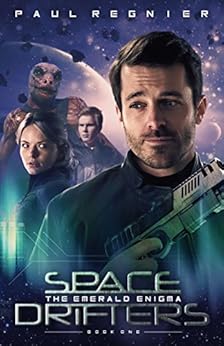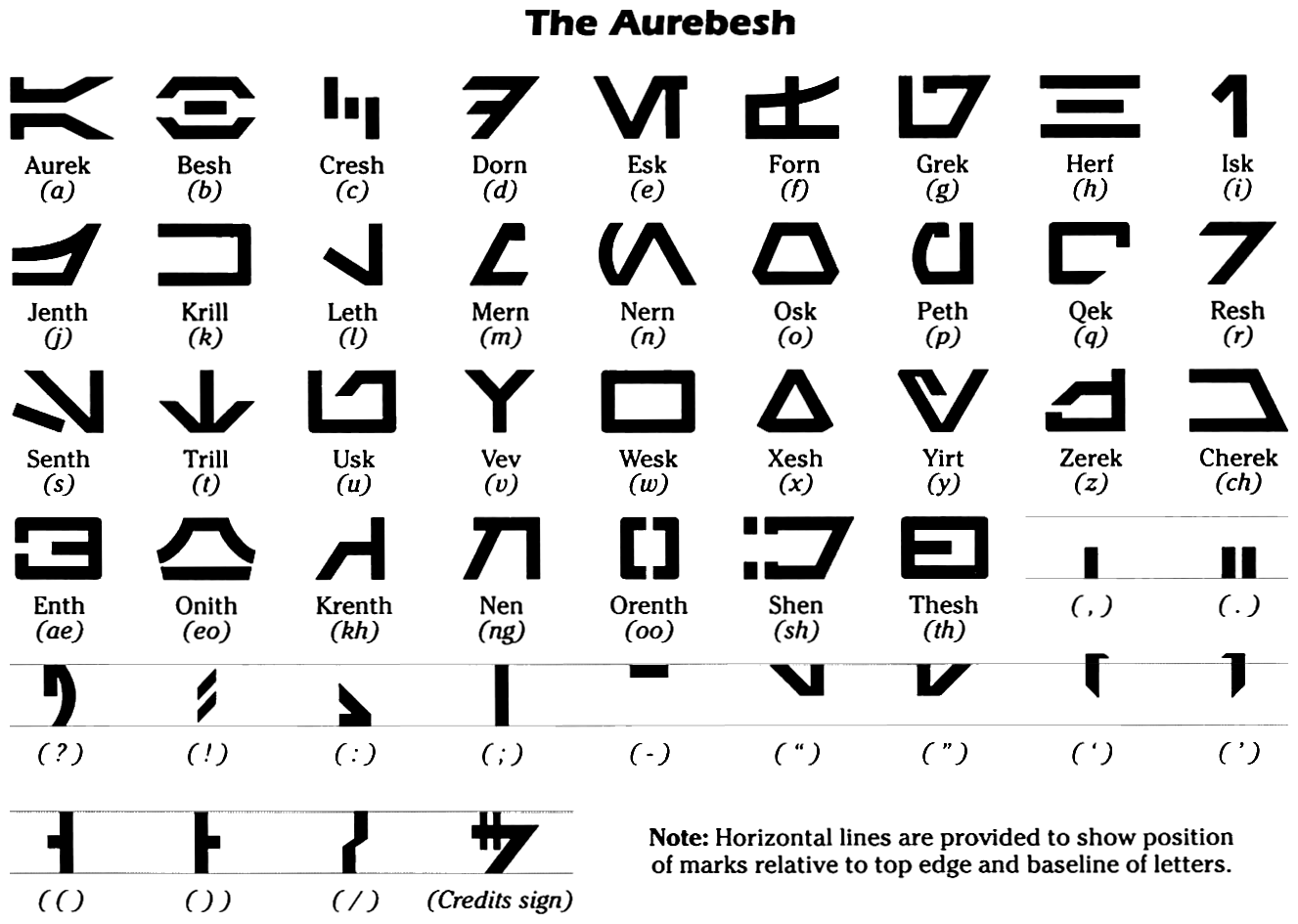I received a free copy of this book in exchange for a fair and honest review. If you haven't already, check out my review of Out of the Shadows, the first book in the series. (Tangled is set to hit digital shelves soon, so it gives you plenty of time to read the first book!)
The Short:
The Tacket Secret, #2
By: Emma Carrie
4/5 Stars
What: Jessie finds
herself hunted again—only this time, she has her new guardian to protect.
Recommended to those
who like: Sci-fi, action, mystery/detective, Christian.
The Long:
Jessie’s sure that she’s being
hunted by her handler again. That would have been complicated enough without
her new guardian, Detective Vick Tacket, poking her nose into her business.
When three Russians show up on her doorstep, looking for information on genetic
engineering and tissue generation, things start to get messy.
Just as with the first book, the
action keeps you on the edge of your seat the entire time. It’s a fast-paced,
quick read, with a hint of Christianity thrown in (without getting preachy). There’s
also a touch of humor to several of the scenes, which made for a few refreshing
moments in what otherwise might have been a dark novel.
However, this book failed to
deliver on any of the major secrets introduced in the first book, which was a
little frustrating. While we get to see the characters grow and develop, we
didn’t get to learn any more about their gritty and mysterious back stories. I
want to know how Jessie became such a skilled assassin! What’s Vick hiding? Argh.
I suppose I’ll have to read the next book to find out, because this one didn’t
give me the answers I was looking for.
The author provides nice refreshers on what happened in the previous novella, so you can probably jump into this one without reading Out of the Shadows, if you really needed to. However, I think you'd miss some of the more subtle character nuances if you did that.
The Bottom Line: Recommended to action fans who like a hint of
sci-fi and Christianity thrown in.







